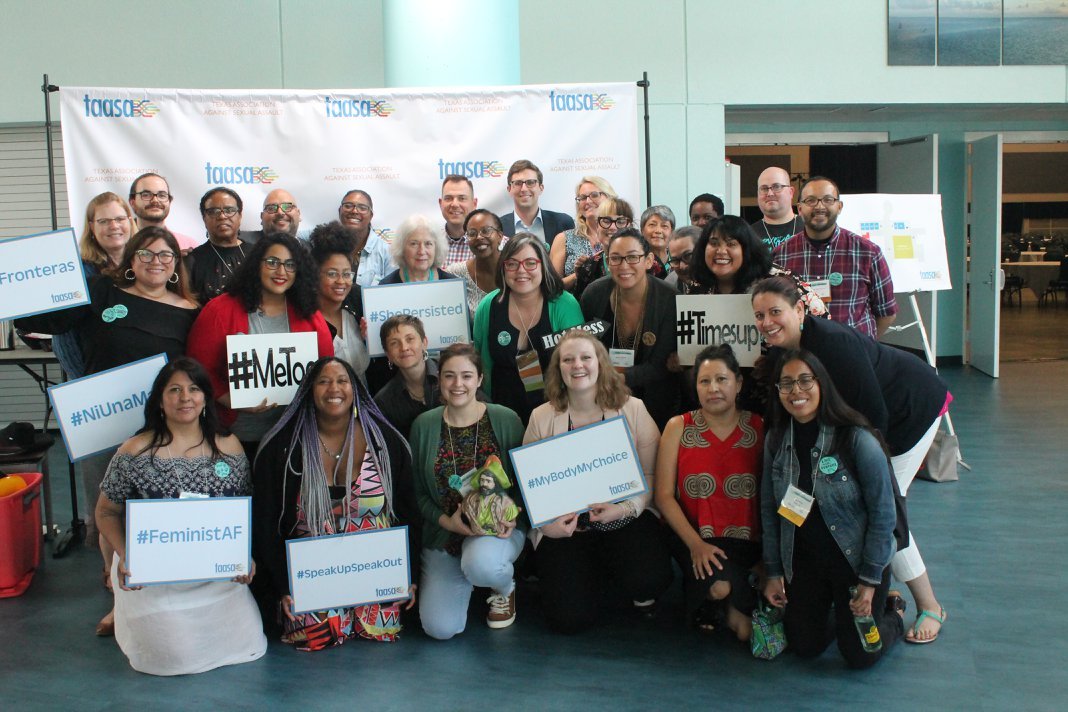Sexual Assault Response Teams (SARTs)
Sexual Assault Response Teams (SARTs) are composed of public and private partners who address sexual assault. SARTs provide a community-based response to adult sexual assault through an intentional coordination of service providers and first responders.
In 2021, the 87th Texas Legislature passed a law requiring that all Texas counties form an adult Sexual Assault Response Team. S.B. No. 476. Sexual Assault Response Teams (SARTs) are composed of public and private partners who address sexual assault. SARTs provide a community-based response to adult sexual assault through an intentional coordination of service providers and first responders.
TAASA is here to provide support, training, and technical assistance for the implementation as well as the sustainability of SARTs. By having formalized coordination, sexual assault survivors will be better served and prioritized as meaningful change comes when we work together.
Have any questions related to SART? Please contact Deepika Modali, SART Project Coordinator, at dmodali@taasa.org or sart@taasa.org.
Find the Sexual Assault Response Team in your county
TAASA provides support to SARTs across the state of Texas, partnering with local, regional, and statewide agencies, community partners, and associations to support implementation.
Here you can find guidance, information and templates for your use.
Recorded webinars for counties and COGs, as well as a sample interlocal agreement, can be found at https://txregionalcouncil.org/sart/
-
A Sexual Assault Response Team is an organized group multi-disciplinary professionals and individuals, such as law enforcement, health care providers, and advocates, who work together to a create a survivor-centered and collective response to sexual assault in their community.
-
This will add a measure of accountability for existing SARTs. County level SARTs that are already in place will be required to ensure that their membership and response protocols are in line with these new requirements.
-
Although your county may not have any active disclosures and reporting of sexual assault, many survivors do not come forward due to fear, lack of resources, and numerous other reasons. In addition to SARTs being required, communities that use SARTs are shown to have higher rates of survivor engagement and offender accountability.
Also, if you are a smaller county with a few providers, it might be best to form a regional or multi-county SART. This option is offered to counties with a population under 250,000. This ensures you can get the needed professionals at the table. Also, many smaller and rural counties share providers and this helps build collaboration and consistency.
-
These members are:
Sexual Assault Program/s
District Attorney’s Office
Sheriff’s Office
Police Department
Mental or Behavioral Health Services Provider
Sexual Assault Nurse or Forensic Examiner/Hospital
-
Yes, we encourage communities to invite all relevant persons/agencies. Those who in your community that serve sexual assault survivors could be welcome and essential additions to your SART. This can include culturally specific organizations, college/university representation, and survivors.
In addition, some communities may have multiple forensic exam programs, advocacy organizations, and law enforcement agencies that respond to adult sexual assault survivors and it is important to have their representation as well.
-
We encourage communities to open attendance for all relevant entities and/or individuals. Your agency may be in a situation where you have an 'official' designee, but have several people in multiple roles that contribute to the community response. For instance, a police department may have 2 sworn sex crimes detectives, a victim services counselor, and a data analyst that they wish to attend meetings.


